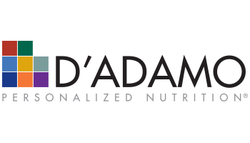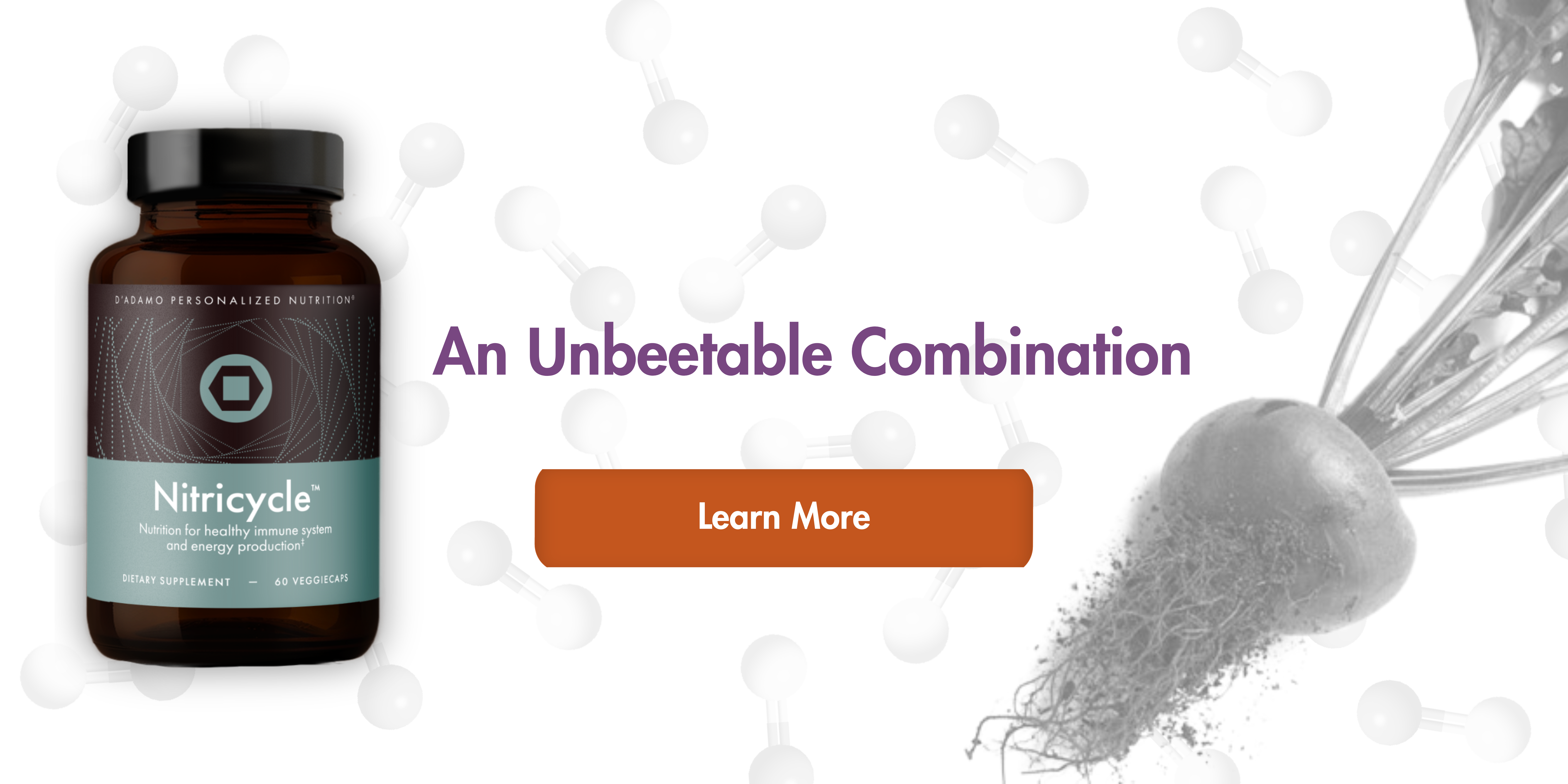Until the mid-1900s scientists were completely unaware of the role that a laughably small molecule played in human health. The molecule is called nitric oxide (usually abbreviated NO) and it is simply the marriage of one molecule of oxygen and one molecule of nitrogen. NO is involved in a slew of biological actions and responses, from control of our arteries to immunological reactions that protect us from harmful invaders. The discovery of these functions led to Nobel Prize-winning research and to NO being named the 1992 ‘Molecule of the Year’ by the American Association for the Advancement of Science.
The reason such an important factor in our health and wellness lay undiscovered for decades also concealed the very reason for its importance: NO is an ephemeral molecule that atomizes and disappears almost as soon as it is produced. Its half-life on our red blood cells (the time it takes for 50% of the molecule to disappear once released into the body) was clocked in at an amazing 2 milliseconds. It is this ‘coming and going’ that allows NO to function as a signaling molecule par excellence. Imagine a telegraph operator that held the key down for an hour for each letter sent or a modem that took an hour for each bit of information sent. Not very effective.
Once we found NO, it soon led to a deeper understanding of the important role it played by influencing many of our basic health processes, including cognitive learning, immune function, and healthy blood vessel tone. Studies also suggest that enhancing NO may help with muscle soreness, boost exercise performance, and help maintain a healthy erection in men.
What about beets?
Studies show that consuming beetroots can raise nitric oxide levels. When we eat nitrates from plants, our body converts them to nitric oxide, which has been shown to have several benefits, such as regulating blood pressure and improving circulation.
Beets are a very useful food in the Blood Type Diets and are one of the few foods rated either ‘beneficial’ or ‘neutral’ for all ABO secretor and non-secretor types. Beetroot supplementation appears to be generally safe, with few reported adverse effects.
| A | B | AB | O | |
| Secretor |
Neutral |
Beneficial | Beneficial | Neutral |
| Non-secretor |
Neutral |
Beneficial | Neutral |
Neutral |
Beetroots do this due to their being a rich source of nitrates. Nitrates in general tend to be something we want to steer clear of since studies have shown that nitrates that are found in many forms of processed meats can form a class of unhealthy compounds known as nitrosamines, which are carcinogenic. However, the nitrates in plants seem to not undergo this conversion and seem to have only positive effects.
The effects of beetroot on nitric oxide production and cardiovascular function have some limitations. The effects only last for several hours following their consumption, and the effects are often only seen in healthy subjects. Thus, the exact duration and extent of the effect may vary depending on the individual and the total amount of beetroots consumed.
What about supplements?
Extensive research has clearly demonstrated that the amino acid l-arginine acts as a precursor to the production of NO. However, l-arginine is subject to a phenomenon called ‘first pass extraction’ which limits its availability to produce NO. It has been observed that when another amino acid, l-citrulline, is added to the mix, the production of NO rapidly skyrockets. This is because l-citrulline converts directly to l-arginine which is targeted specifically towards NO production. In fact, its only fate in the body is to make l-arginine. This led researchers to conclude that l-citrulline supplementation is more efficient at increasing l-arginine availability than l-arginine supplementation itself.
Nitricycle
Dr. Peter D’Adamo formulated Nitricycle by blending l-arginine and l-citrulline together with a blend of Traditional Chinese Medicines that work to synergize a unique blend and help to maintain healthy blood vessel tone, thus making it popular for athletes and exercise enthusiasts. These synergists include such well-known botanicals as Panax Ginseng, Cordyceps, Chinese Sage, and Jiaogulan (Gynostemma); all of which act in unison to enhance the tissue activity and effectiveness of the -arginine and l-citrulline.
A total approach
Evidence suggests that consuming beetroot and beetroot products while taking a targeted NO-enhancing supplement produces the greatest results with exercise conditioning, immunity, and cardiovascular health. Depending on your type, you can also get more nitrates in your diet by emphasizing these foods in your diet.
- Red spinach
- Arugula
- Bok Choy
- Mustard Green
- Rhubarb


